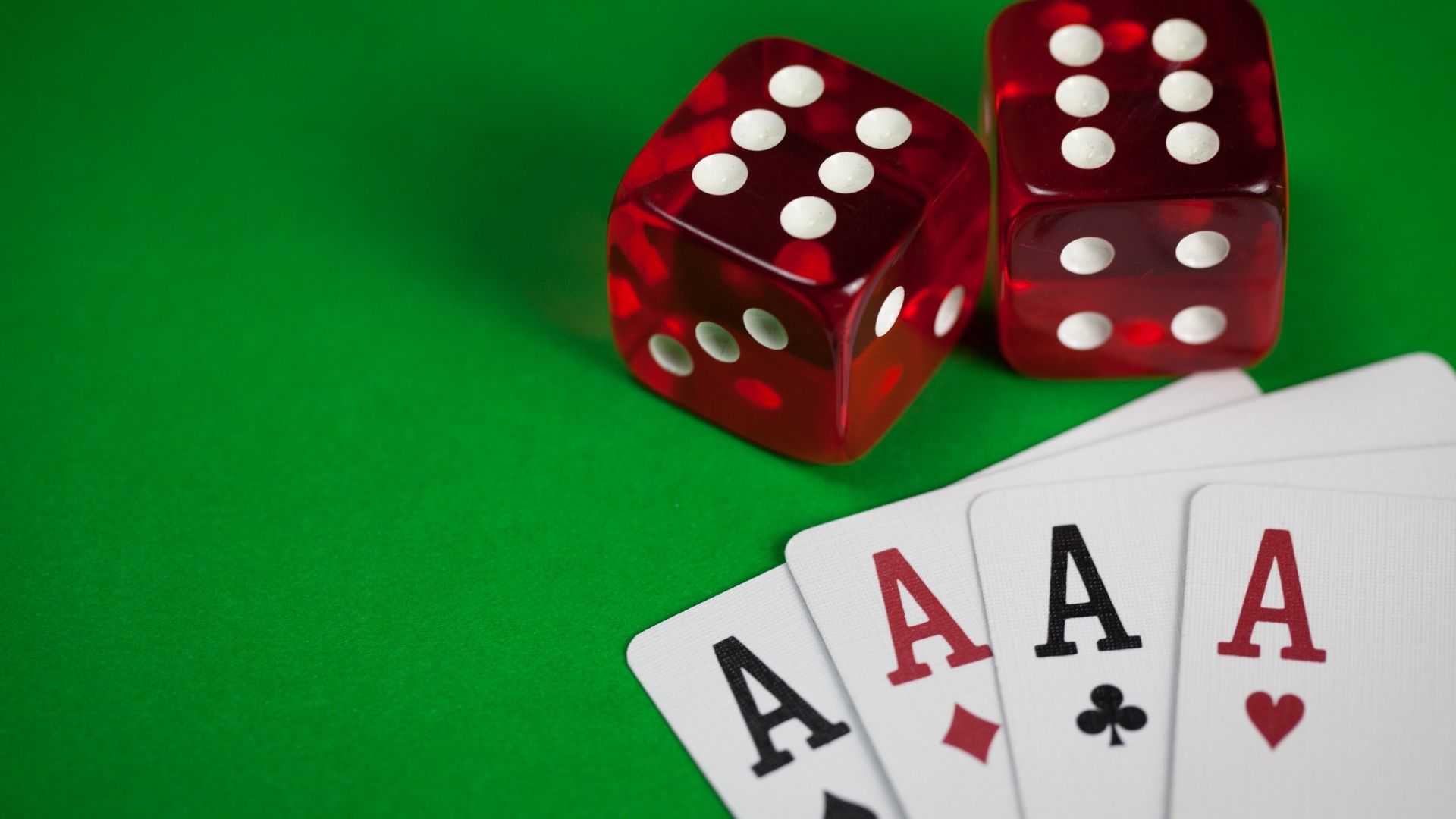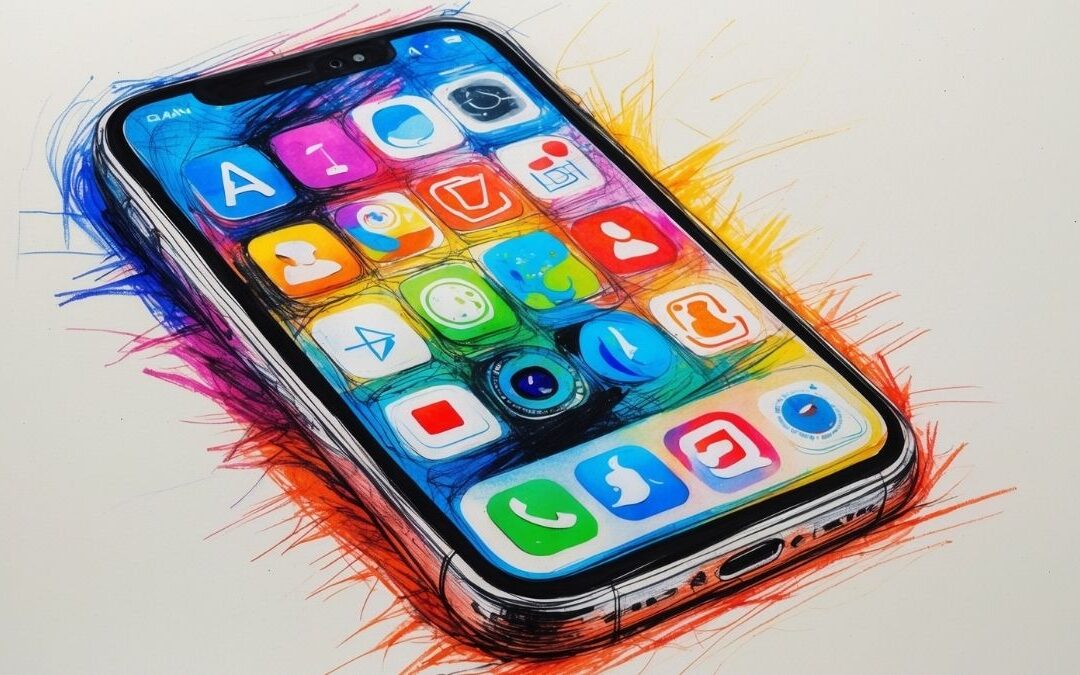Introduction
Learn the different uses of the word chance with those usage notes from English Express—a podcast from English Plus Podcast Network.
Interactive Transcript
Transcript
[00:00:00] Danny: You don’t have a lot of time, but you still want to learn a new way to express yourself in English every day. I get it, and that’s why I created English Express. This is your host, Danny, and this is English Express. Every day we’ll have a very short episode in which you will learn a new way to express yourself in English.
[00:00:23] Never stop learning even if you don’t have a lot of time for it. Listen to English Express.
[00:00:35] Welcome to a new English Express episode. In this episode, we will talk about how to use the word chance and the different ways we can use it. Trust me, it’s a lot more than you think, so stay tuned and learn about this word. You can find the transcript on my website, englishpluspodcast.com you can find the links in the description of the episode.
[00:00:56] Now, without further ado, let’s talk about different ways we can use the word chance in English.
[00:01:07] So let’s start with the very basic meaning. When we talk about chance. What does that mean? If it is possible that something will happen, you can say that there is a chance that it will happen or a chance of it happening. For example, we can say there is a chance that labor could actually increase its majority, or if we play well, there’s a chance of winning five nill.
[00:01:29] If something is fairly likely to happen, you can say that there is a good chance that it will happen. You can say, for example, there was a good chance that I would be killed, or we’ve got a good chance of winning. So remember the structure here, we can say a chance that it will happen or a chance of it happening.
[00:01:47] I’m using both here. Now if something is unlikely to happen, you can say that there is little chance that it will happen. If you are sure that it will not happen, you can say that there is no chance that it will happen. So we can use little chance or no chance. For example, we can say there’s little chance that the situation will improve or there’s no chance of going home.
[00:02:10] But that’s not everything about chance. If someone is able to do something on a particular occasion, you can say that they have the chance to do it, they have the chance to do it. For example, you will be given the chance to ask questions or visitors have the chance to win a digital camera. So that was about chance.
[00:02:29] What about chances in plural? Is it any different? Well, it’s not that different, but we have special ways we can use it. You can talk about someone’s chances of doing something. For example, if someone will probably achieve something, you can say that their chances of achieving it are good. For example, you can ask the question, what are your chances of becoming a director or single women have relatively equal chances of achieving white collar job.
[00:02:56] So here, when we talk about the chances, we’re talking about the chances, the possibilities of achieving something. And here, note something. We don’t say chances to do something or to achieve. We don’t say, what are your chances to become? That’s wrong. We should always stick to this way of saying it. What are your chances of becoming, not to become of becoming all right? Now, let’s talk more about chance, and let’s talk about by chance, if something happens by chance it was not planned. Something happens by chance. No planning. For example, many years later he met her by chance at a dinner party. He did not plan to. She did not plan to. It happened by chance. So talking about by chance, what about luck then?
[00:03:38] Is it any different? Well, it is actually. Note that if you say that something happens by chance, you are not saying whether it is a good thing or a bad thing, but if something good happens without being planned, you refer to it as luck, not chance. For example here, you say, I couldn’t believe my luck, and that’s a good thing.
[00:03:58] You don’t say chance here, although we talked about chance that we can use it in kind of the same way, but chance is a neutral word. You do not refer to it. You do not convey the meaning of positive or being a good thing. So here, if you wanna talk about a good thing that happened by chance, you use the word luck.
[00:04:16] I couldn’t believe my luck. Or how can we ever be rescued? Except by luck, not chance, luck. Okay? So remember that if you wanna talk about good things that happened without being planned, we use the word luck, not chance. But if we wanna talk in general, you can say by chance. So that was everything I wanted to share with you in this English Express episode.
[00:04:38] Don’t forget to visit my website, englishpluspodcast.com and check the great learning opportunities you can find there. Thank you very much for listening to this episode. This is your host, Danny. I will see you next time.










0 Comments